Core Values: Selflessness
Telcion has four core values and behaviors:
• Selflessness – Team before self.
• Work Ethic – Do whatever it takes to get the job done.
• Transparency – Open and honest communication about everything.
• Curiosity – A willingness to ask “why?” with a desire to learn new things.
These core values have been tested over many years and they embody Telcion’s culture. Let’s talk through the core value of selflessness and why it’s important.
There are two aspects we must consider when thinking of a core value. The first is the meaning of the value, and the second is the behavior that we associate it.
What does it mean to be selfless? Selflessness is defined as being concerned “more with the needs and wishes of others than with one’s own.”
We all have things that we want and there is nothing wrong with that. But when it comes to operating on a team, no one likes working with someone who doesn’t put the team’s goals first.
There is an underlying social commitment that we make when we join a team. We expect that everyone on the team wants what’s best for the team and will do anything to help it succeed. We expect team members to be available when we need to get information or exchange ideas. When a team member does not fulfill this social contract, it creates dysfunction and the team is not able to operate at full capacity.
Alternatively, when a team member knows that others are going to honor the social contract—that it’s not just lip service but observable on a daily basis—this creates trust. When trust exists, the team is able to operate at a high level and reach its goals.
The funny part about all of this is that when we put the needs of others before our own, our needs will be met as well. It is a very fulfilling process for the whole team. But when you don’t put others before yourself, you make your life much harder. People don’t want to work with you, don’t want to share information with you, and will generally keep you at arms length. This is not a fun way to work.
The value of team before self also applies outside of our immediate team. Most of us are members of multiple teams—the largest being the company as a whole. We need to always be thinking about what is in the company's best interest.
Selflessness also applies when partnering with clients. Each time we work with a client we have the opportunity to exhibit selfless behavior. This demonstrates that we have their best interests in mind, creating trust and benefitting both of us.
At Telcion, we value those who believe in exhibiting selflessness. We know that when all of our team members are practicing selflessness we can operate at the highest level. People who aren't displaying this value get feedback from the team to help them improve. None of us are perfect, and we all have bad days sometimes. But selfishness can’t be a consistent behavior. We expect that our team members show a commitment to selflessness that is evident in their behavior.
If your team has a hard time trusting each other, I would recommend reading “The Five Dysfunctions of a Team” by Pactrick Lencioni. We have taught the principles from this book to our team several times. Our managers are expected to adopt them when leading their individual teams. It is an excellent example of how teams should operate and the causes behind why teams become dysfunctional. Patrick explains through a compelling story that you will certainly relate with.
This article was contributed by Lance Reid, Telcion's CEO.

